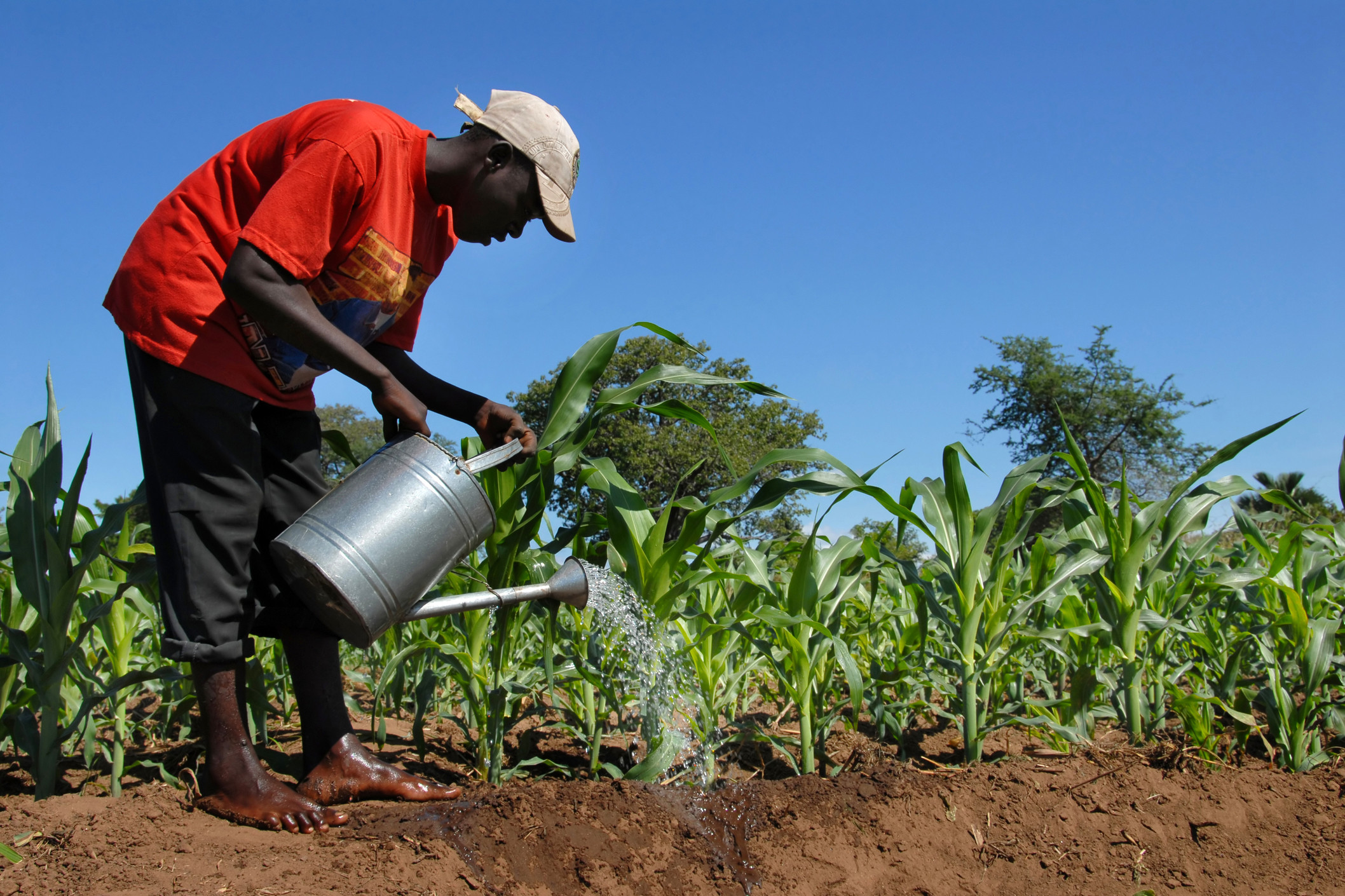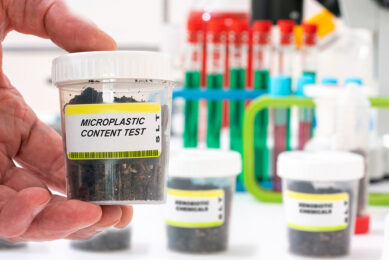Countries commit to climate smart agriculture

Tanzania and Vietnam are among the countries that will work towards climate smart agriculture – an approach aimed at transforming food systems.
Climate-smart agriculture involves pursuing sustainable productivity increases while implementing climate adaptation strategies and reducing greenhouse gas emissions where possible, to achieve food security in the face of increasing climate change.
The countries shared this mission at a recent meeting in Rome, a side-event during a session of the UN Food and Agriculture Organization– FAO’s executive Council.
Learn more about future farming for crops at the Global Forum of Innovations for Agriculture (9-10 May, the Netherlands). All About Feed is part of the Proagrica Future Farming Theater. Sign up for free here.
Tanzania: Using less water resources
Tanzania intends to invest more in research on climate-smart agriculture to inform decision-making and involve private partners to catalyse additional investment in the sector. For example, rice-farming techniques that use less water were introduced several years ago in 5 Tanzanian regions:
- Morogoro,
- Iringa,
- Lake Zone,
- Shinyanga and
- Mbeya
These techniques are used now by around 30% of all rice producers in those areas. The farmers have already seen their yields increase while using less water resources – which is particularly important for these drought-prone areas – and are eager to switch to new varieties of rice seeds.
Vietnam: Converting rice to other crops
In Vietnam, about 700,000 hectares of rice and other food crops were heavily damaged by climate-induced natural disasters in 2016. As a result, rice production fell by 800,000 tons, and about 1.1 million people in affected areas were put at a greater risk of food insecurity. To reverse the dire situation, numerous climate change adaptation and disaster-risk management measures have been implemented at national, subnational and local levels. For example, rice cultivation areas in several Central provinces have been converted to other crops such as fruit trees and grapes, which require less water and can serve as an alternative source of income for farmers. When weather permits, the land can be easily switched back to rice production.
Accurate climate information for farmers is key
During the FAO-hosted event, the participants also highlighted the importance of embedding climate-smart agriculture in national policies and programmes, and promoting climate-smart practices in the field through trainings and farmer field schools in various ecological zones. They also stressed the need to provide accurate climate information to farmers, and investing in evidence-based research on climate-smart agriculture.











